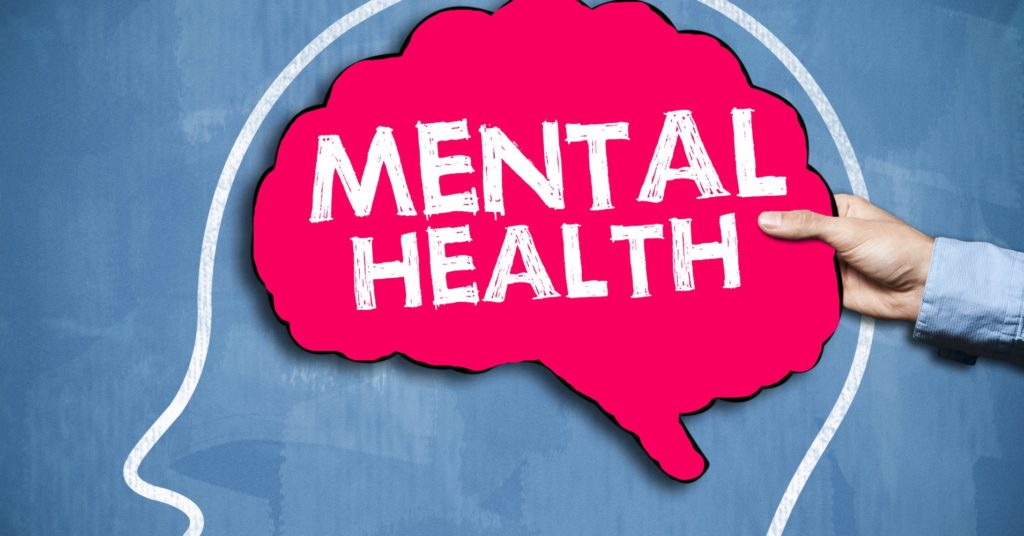Struggling with mood swings can be difficult sometimes. Learn more about how you can deal with them here. Going through a roller coaster of emotions you have no control over can disrupt your daily life and affect those around you. Dealing with mood swings is a very tough struggle that many of us face.
Oftentimes, mood swings are normal and it’s the body’s way of telling us that we’re exhausted and need a break. However, if the mood swings are severe with extreme ups and downs, it could be a sign of mental illness.
It’s important to recognize the signs our body is sending us and act on it. This is where we step in. If you’re looking for ways to deal with your mood swing, we’ll help you to understand what causes mood swings and how you can deal with them. So, let’s get right into it!
What Causes Mood Swings?

While it’s normal to experience mood swings occasionally, there are also various reasons for it. Not getting enough sleep and fatigue can easily make you feel irritated at the slightest of things. Without even realizing, you’ll be projecting this irritation on someone close to you.
There’s also the stress you face from your daily life, both positive and negative aspects, that can cause mood swings. Seasonal changes, Alcohol, caffeine, and substance abuse are also major causes of mood swings.
Being dependent on these can be very harmful. It’s important to remember and take care of yourself first above everything else. Understanding you’re having mood swings and taking a step back to calm yourself down is a crucial step. Recently, the use of CBD oil has been known to help with mood swings as well. Check them out!
Mental Health Conditions that Trigger Mood Swings
If you are facing severe mood swings then it could be a symptom of some mental health conditions. Some common conditions could be generalized depression, anxiety disorder, bipolar disorder, or borderline personality disorder.
Someone who is diagnosed with bipolar disorder can feel ups and downs that are very severe than those who aren’t. The average person may experience their mood swings for a short while, but for the diagnosed individuals it can last for hours, days, and even weeks.
Borderline personality disorder, aka BPD, can cause extreme mood swings that not only are frequent but they also last for a long period. These mood swings can be triggered by the smallest action. It can cause the individual to go from being perfectly calm to being enraged within a mere second.
A Few Ways to Handle Stress

It’s no secret that daily life can sometimes become quite stressful. There are instances where we can avoid or do something about it, but also there are disappointments that are hard to avoid.
You can learn to reduce your mood swings by applying some coping skills for managing stress. For example, meditation and yoga have known to work in reducing stress significantly and also put you in a better mood. Not only are you taking care of your mental health, but you’re also looking after your physical well being too.
Exercises and Aromatherapy
Visualization techniques and aromatherapy also help. Turn your favorite spot in the house into your corner for relieving stress. Put on some soothing music, light some candles, or use a diffuser and just relax for a while.
It also helps to have a scheduled bedtime. Here too you can use relaxing music to drift off. Cutting off caffeine, alcohol and other harmful substance use will also do the trick.
Do some exercises and make a habit of it or keep a journal to help track your mood swings. Writing down what triggered them and keeping a track of your sleep routine is a great idea. Don’t forget, sometimes a good workout helps to elevate your mood too.
Treatment for Mental Health Conditions

If you’re experiencing mood swings that are caused by a mental condition, then you can get proper treatment from a mental health professional. The treatments will help to bring your mood swings under control.
Psychotherapy, aka, talk therapy, has been known to be an essential form of treatment. It can help to recognize the triggers and figure out the coping mechanisms that will get your mood swings under control.
For instance, cognitive behavioral therapy can help you to alter your behavior and thinking patterns. Dialectical behavior therapy, on the other hand, helps those with BPD. Not only does it help to manage their unique mood swings, but it also brings their emotions under control.
Medication
Medication is just as important as therapy. They are a crucial part of a treatment plan for individuals who are diagnosed with bipolar disorder.
Medication can help to stabilize mood swings and keep them balanced. Yes, it may take some trial and error to find the medication that suits you. So, it’s important to keep your doctor informed of the severity and the frequency of your mood swings and if the current treatment is working or not.
It’s also important to remember that it’s not healthy to put up with your mood swings and just live with it. Having a treatment plan and sticking by it, consulting with your doctors, and changing your lifestyle plays a big role in it. With time, you’ll be able to minimize the number of mood swings you face and the severity of the fluctuations too.
In conclusion, we’d like to say that dealing with mood swings is tough, but it doesn’t have to be that way. Seeking professional help is never a bad idea and it’s never too late to ask for help when things get rough.
We hope the suggestions we’ve made about dealing with stress help you to understand how important it is to take care of your well-being. So, learn to prioritize yourself first and the rest will flow!



